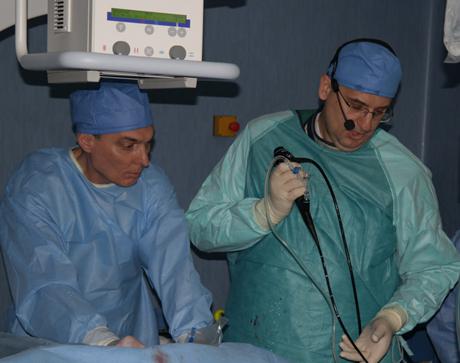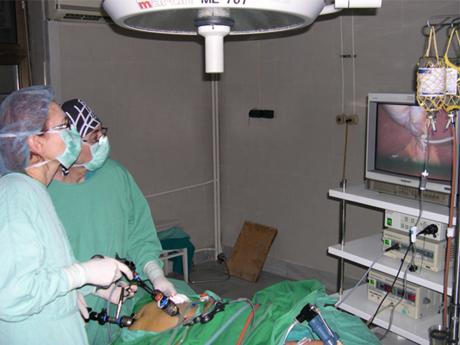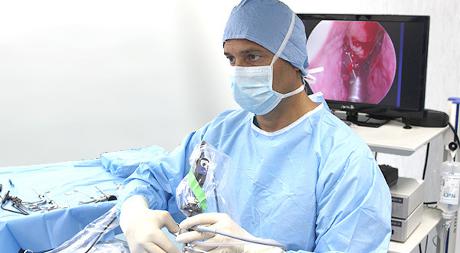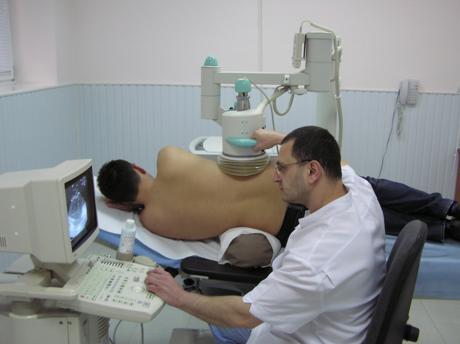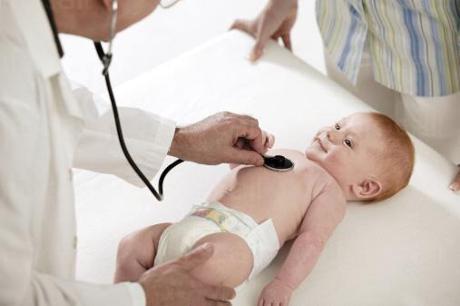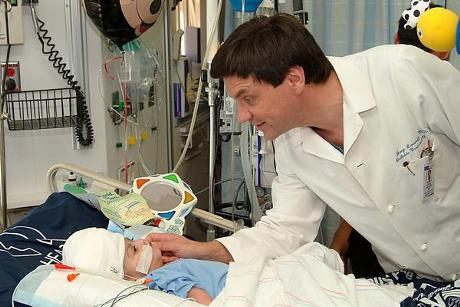Service
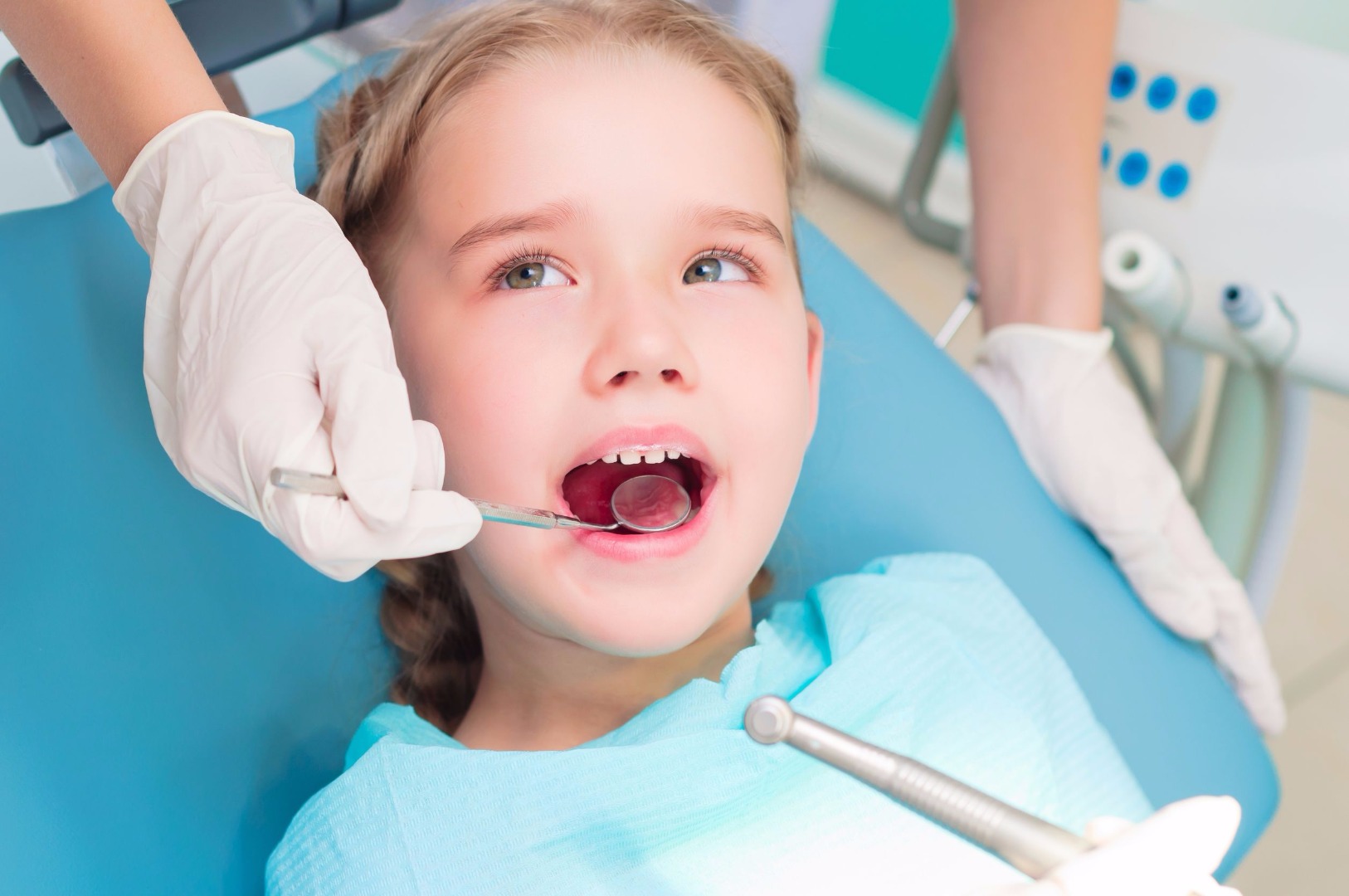
Pediatric Dentistry is a part of the general dentistry. Specialists in pediatric dentistry must be competent in diagnosis, prevention and treatment of oral diseases among children.
Therefore, pediatric dental specialist is essential to obtain knowledge over oral diseases, hard dental tissues diseases (caries and non carious disease), dental pulp and periodontium of permanent teeth, diseases affecting periodontal and peri-implant tissues, all surgical diseases within the oral cavity and all associated with them jaws disorders and maxillofacial zone as well as prosthetic dentistry.
Pediatric Dentists must be able to recognize all possible causes and the occurrence mechanisms of oral diseases. They must be familiar and understand the specifics of biological and pathophysiological processes in children’s mouths. They also must have the competence to diagnose oral disease, detect symptoms or syndromes affecting the general child’s health and they must carry knowledge and skills to treat all common diseases occurring in childhood.
Healthy teeth are important to your child's overall health. From the time your child is born, there are things you can do to promote healthy teeth and prevent cavities. For babies, you should clean teeth with a soft, clean cloth or baby's toothbrush. Avoid putting the baby to bed with a bottle and check teeth regularly for spots or stains.
Children should start using a pea-sized amount of fluoride toothpaste when they are around two years old. Parents might want them to start sooner, in case a dentist or pediatrician suggests this.
For overall children’s dental health parents should:
• Provide healthy foods
• Limit sweet snacks and sugary drinks
• Schedule regular dental check-ups
Forming good habits at early age can help your child have healthy teeth for life.
By the time the child is around 6 months of age, your dental doctor should assess the likelihood of the child having future dental problems. This may include a dental exam of the mother and her dental history. After the first visit, schedule regular visits every 6 months or as your doctor recommends.
Experts recommend that child's visits to a dentist start within 6 months – or right after the first teeth appear, which us usually at 12 months of age.
Babies with dental problems caused by injury, disease, or a developmental problem should be seen by a pediatric dentist as soon as possible. If these dental problems are not limited to the surfaces of the teeth, the child should be seen by a pediatrician.
Pediatric dentistry explained
A dentist, also known as a dental surgeon, is a surgeon who specializes in dentistry—diagnosis, prevention, and treatment of diseases and conditions of the oral cavity, providing oral health services. The dental team can also include staff such as dental assistant, dental hygienist, dental technician, dental therapist and others.
Pediatric dentistry (pedodontics/paedodontics) is the branch of dentistry dealing with children (birth through adolescence).
Pediatric dentists promote overall dental health of children as well as serve as educational resources for parents. A dental visit should occur within six months after the presence of the first tooth or by a child's first birthday. Early oral examination aids in the detection of the early stages of tooth decay. Early detection is essential to maintain oral health, modify aberrant habits and provide treatment.
